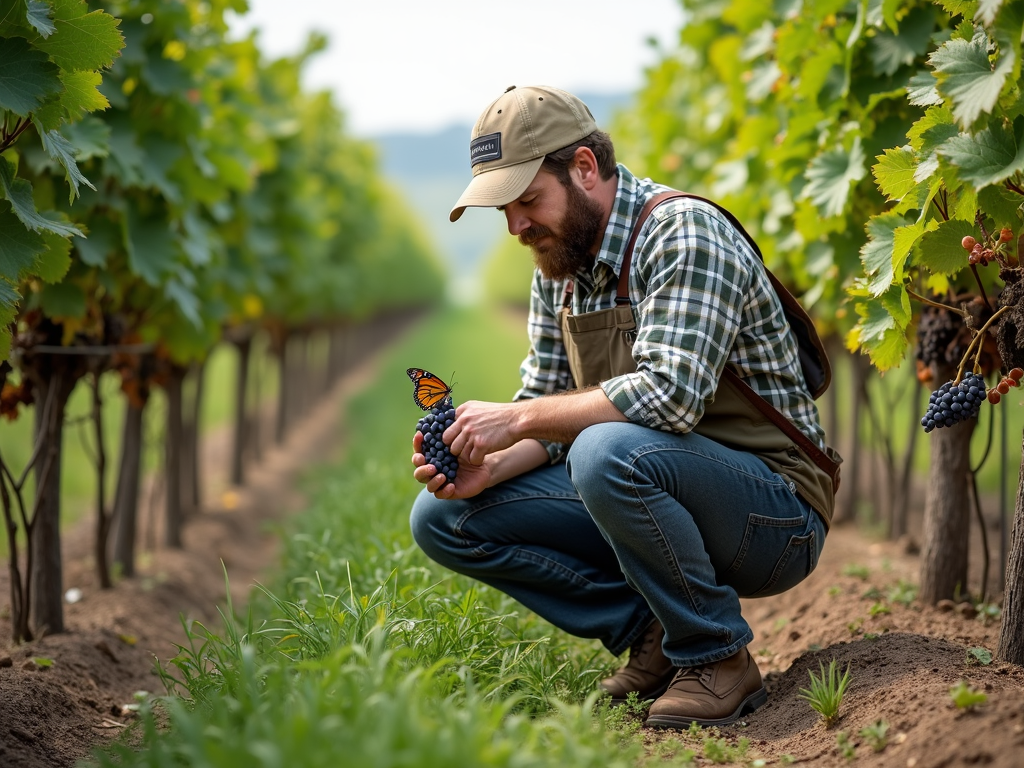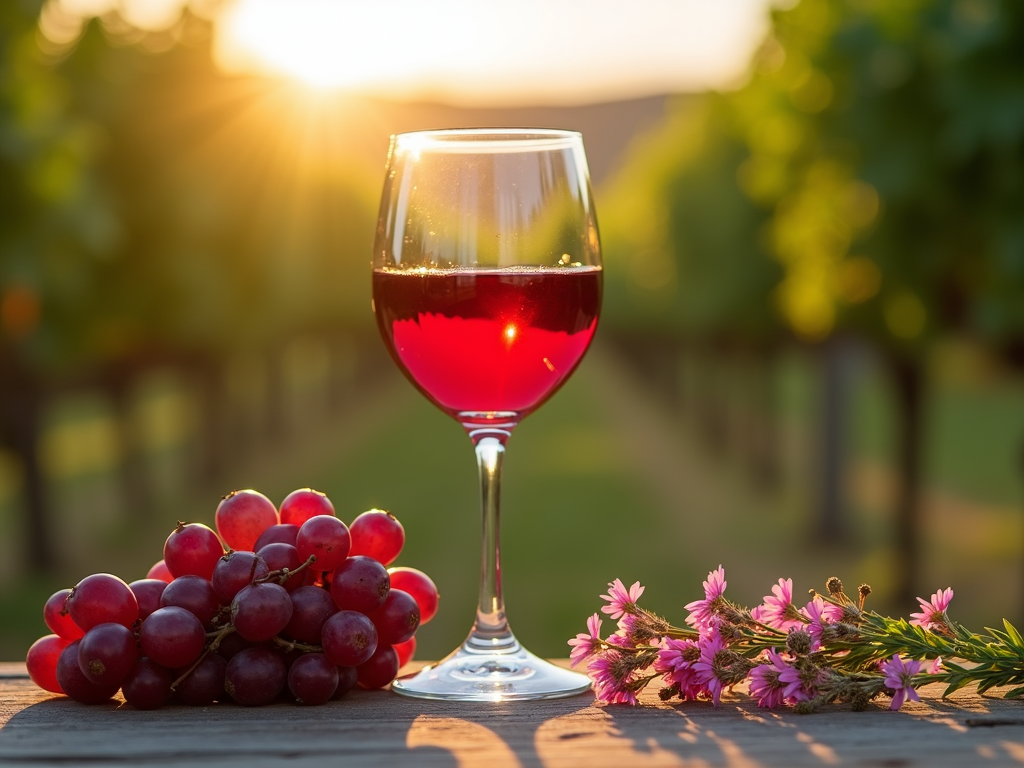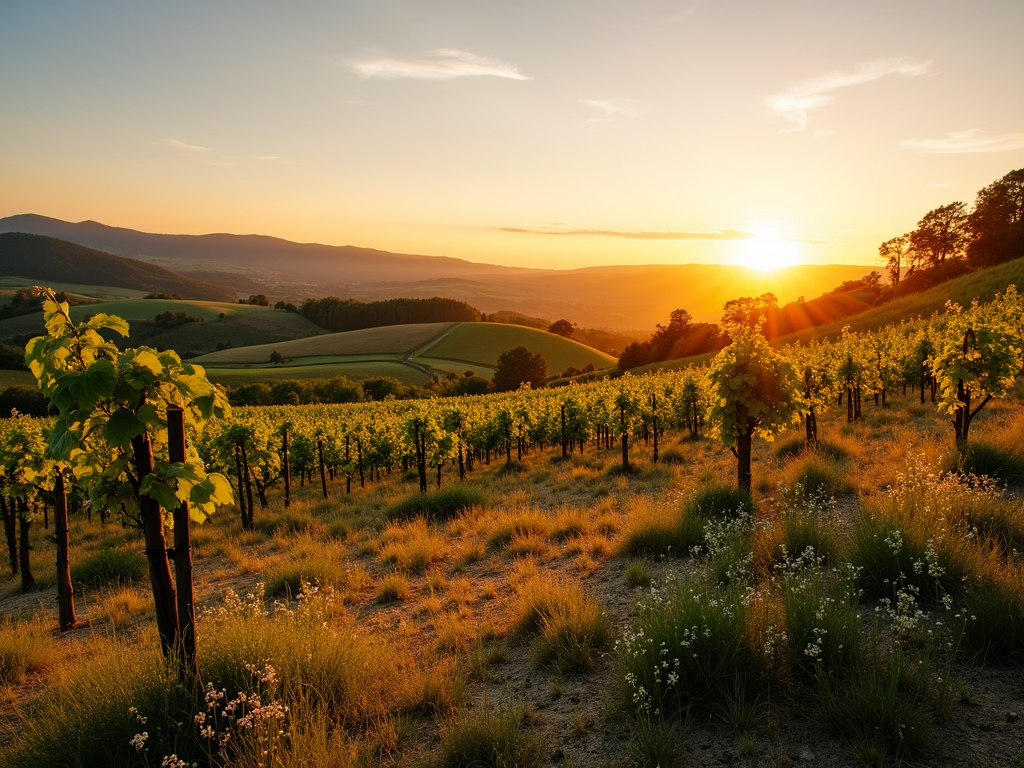Why Biodiversity Boosts Vineyards
Biodiversity is the secret sauce behind thriving vineyards. It’s more than just growing grapes—it’s about building a lively ecosystem where plants, animals, and tiny organisms team up to create healthier vines and tastier wine. In this article, we’ll dive into why biodiversity boosts vineyards and spotlight how Jackson Family Wines uses organic methods to lead the way.

What Does Biodiversity Mean?
Biodiversity is all about variety. In a vineyard, it’s not just the grapevines that matter. It’s the bugs that pollinate, the birds that snack on pests, the plants that feed the soil, and the microbes that keep things humming underground. Picture a vineyard as a busy neighborhood—everyone has a job, and together, they make it work.
A diverse vineyard can handle tough times better, like pests or weird weather. Research shows biodiverse vineyards cut pest problems by half compared to plain, single-crop setups. That’s a big deal when the climate keeps throwing curveballs.

Why Biodiversity Helps Vineyards Thrive
Here’s why biodiversity is a game-changer:
- Pest Patrol: Ladybugs munch on aphids—up to 5,000 in a lifetime! Birds like bluebirds also pitch in, gobbling up harmful bugs.
- Healthy Soil: Plants like clover add nutrients to the dirt, so vines don’t need as much fertilizer.
- Better Pollination: Bees and butterflies help grapes grow strong by spreading pollen.
- Tougher Vines: A mixed ecosystem bounces back faster from heat, drought, or storms.
These perks mean less need for chemicals and more natural balance.

How to Bring Biodiversity to Vineyards
Want to try this at home—or in your vineyard? Here are some easy steps:
- Plant Cover Crops: Grow grasses or flowers between rows. They help the soil and attract good bugs.
- Build Homes for Wildlife: Add birdhouses or small ponds to invite pest-eaters.
- Skip the Chemicals: Let nature handle pests instead of spraying.
These tricks don’t just work for big wine brands. Even a backyard garden can benefit!

Spotlight: Jackson Family Wines and Organic Vineyards
Jackson Family Wines is a star in this field. They’ve gone all-in on organic farming, and it shows. They plant cover crops to keep soil rich and water in place. They compost leftovers to feed the earth naturally. And they invite birds and bugs to tackle pests—no harsh sprays needed.
I’ve visited vineyards like theirs, and you can feel the difference. The air’s alive with buzzing and chirping, and the vines look strong. Their wines? Award-winners, thanks to that natural boost.

Better Wine Through Biodiversity
Biodiversity isn’t just good for the planet—it makes wine taste amazing. Healthy vines grow tastier grapes. The mix of plants and critters adds unique flavors you can’t fake. Ever notice how wines from organic vineyards have that extra something? That’s the terroir talking—shaped by nature’s variety.
Plus, people love it. Surveys say over 60% of wine drinkers will pay more for eco-friendly bottles. It’s a win for taste and the earth.

Real Stories from the Vineyard
I talked to a winemaker who switched to biodiverse methods. He said, ‘At first, I was skeptical—more bugs sounded risky. But my pest problems dropped, and my grapes got juicier.’ Another grower told me her soil went from hard and dry to soft and rich in just two years, all thanks to cover crops. These aren’t just theories—they’re real results.

The Numbers Tell the Story
Here’s some data to chew on:
| Benefit | Impact |
|---|---|
| Pest Reduction | Up to 50% fewer outbreaks |
| Soil Nitrogen | 20-30% increase with cover crops |
| Wine Sales Boost | 65% of buyers prefer sustainable |
These stats show why biodiversity boosts vineyards—it’s science, not guesswork.

Wrapping It Up
Biodiversity turns vineyards into powerhouses—better grapes, tastier wine, and a happier planet. Jackson Family Wines proves it’s not just talk; their organic vineyards churn out top-notch bottles while keeping nature in balance. Whether you’re a winemaker or just love a good glass, biodiversity’s worth rooting for. Check out the links below to dig deeper!